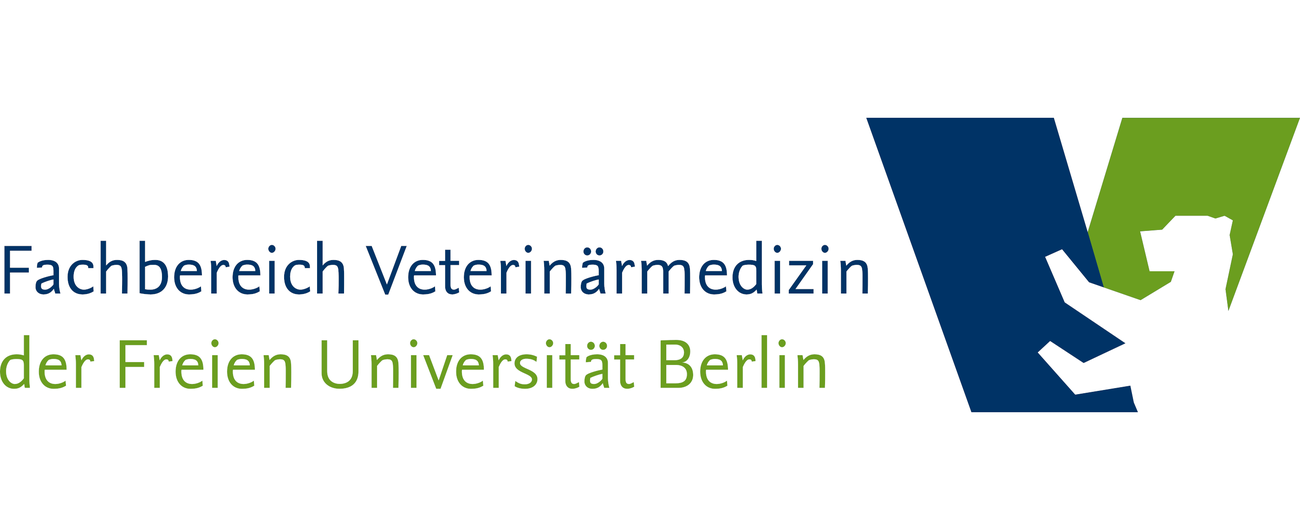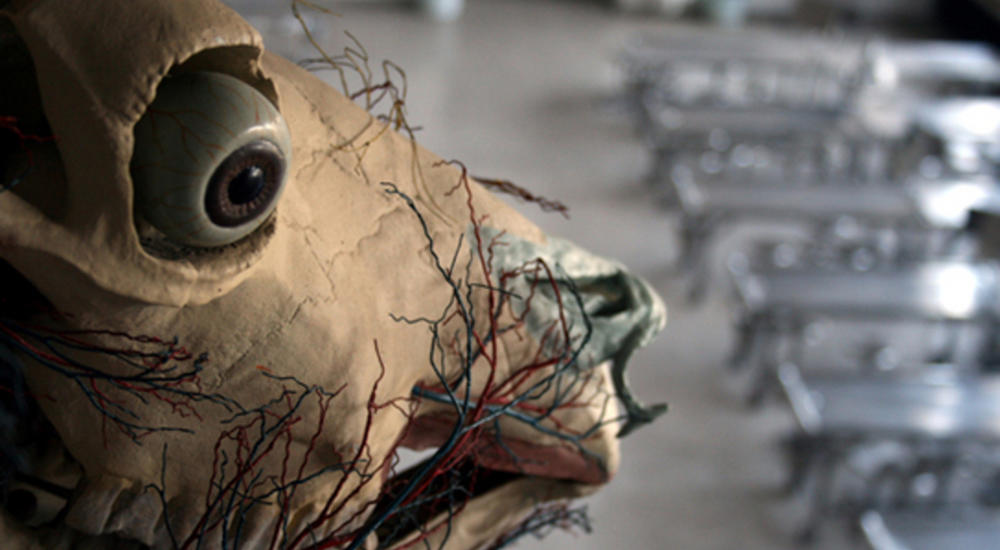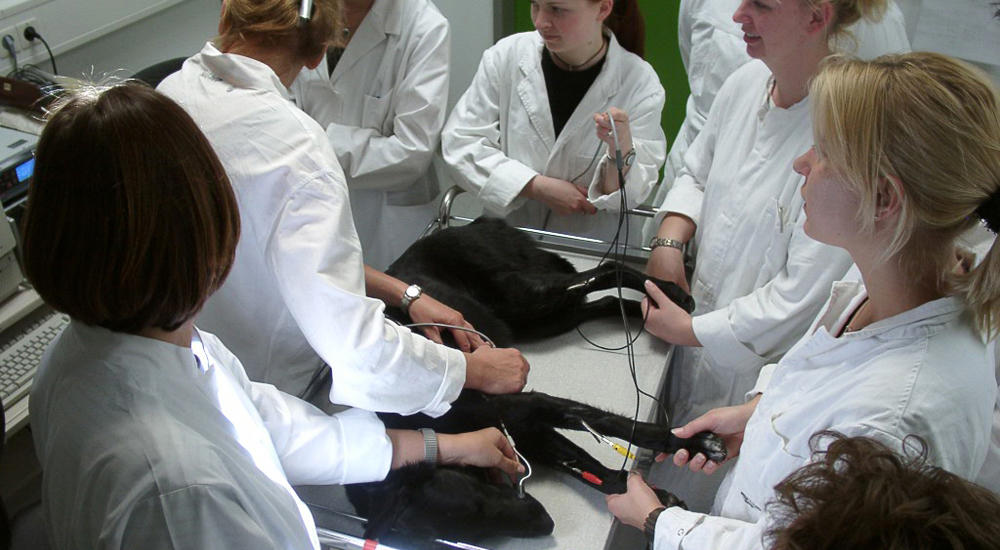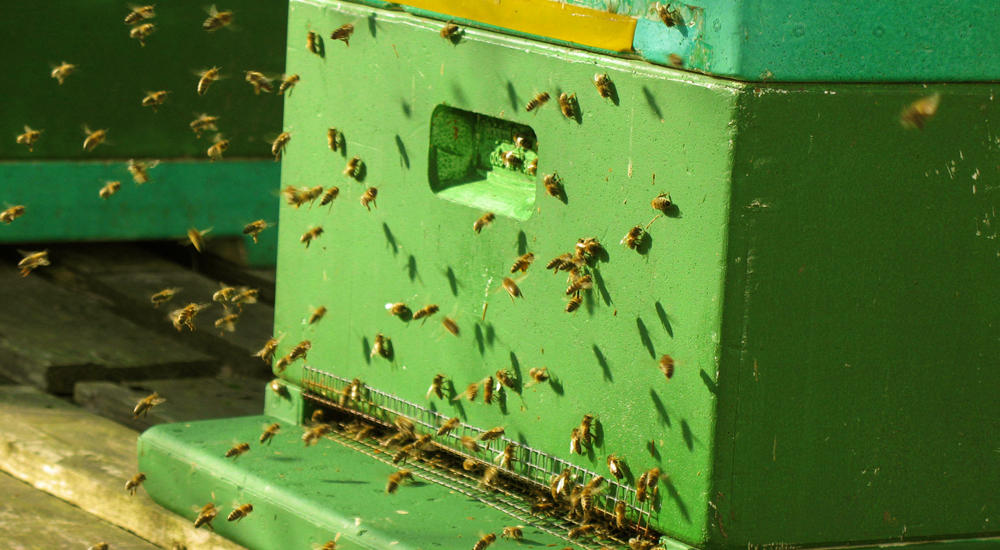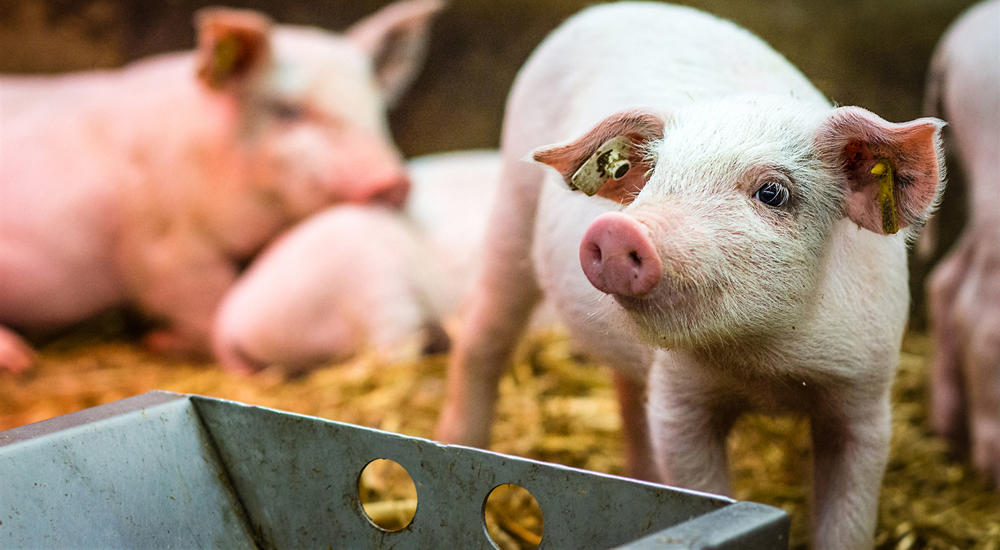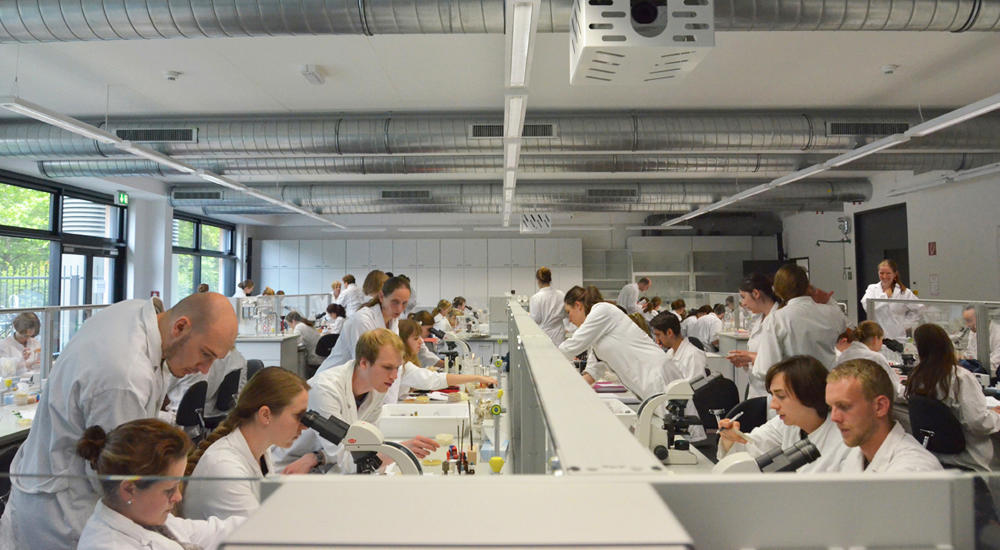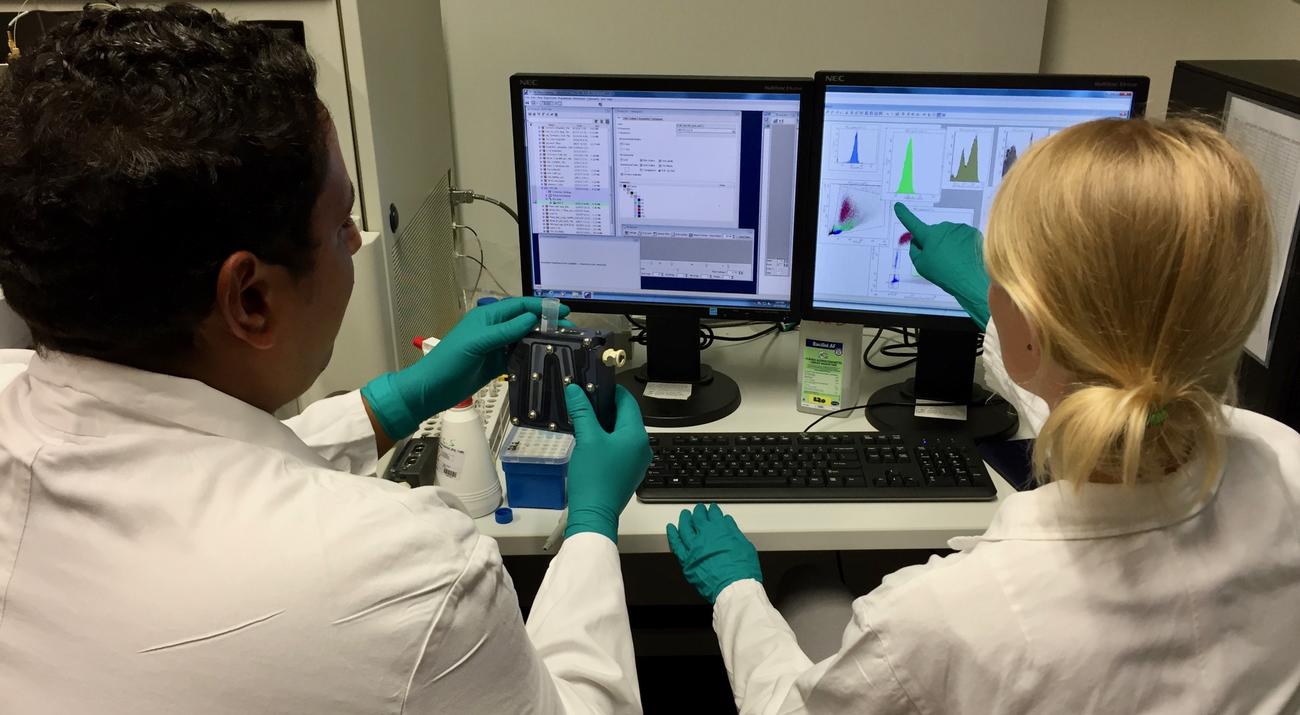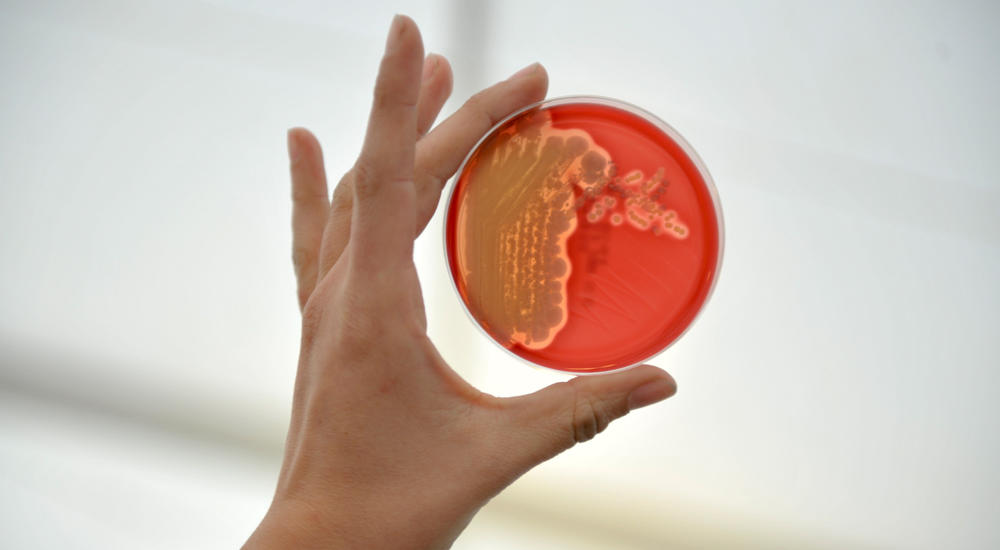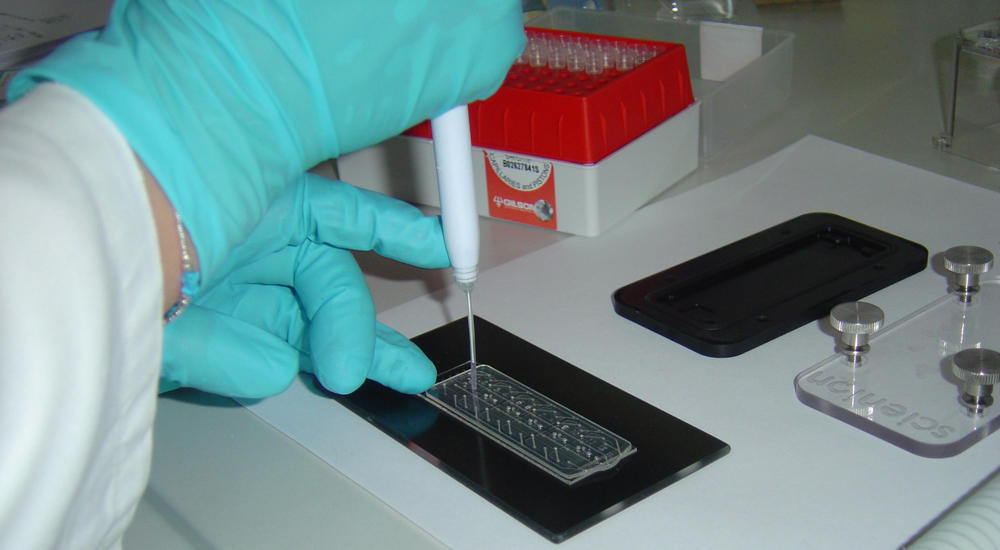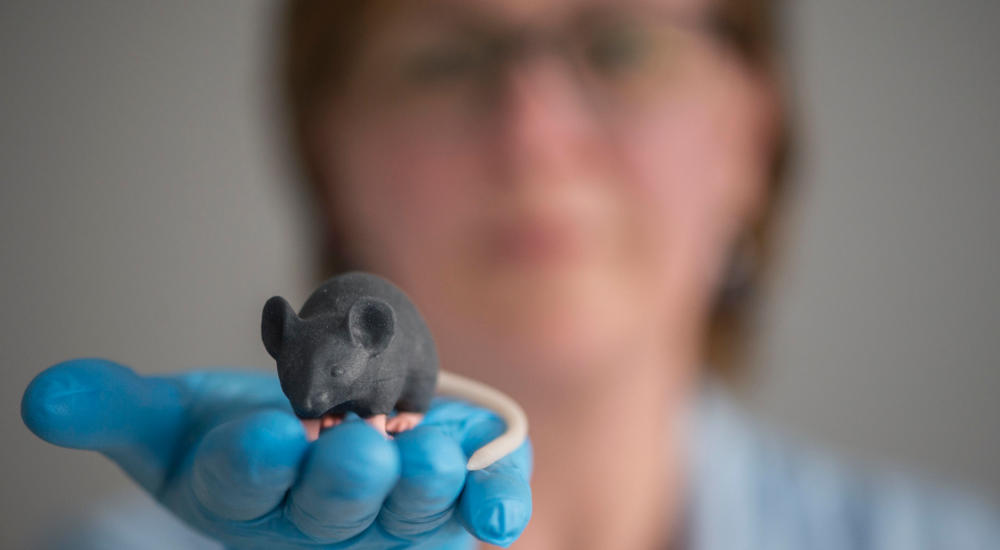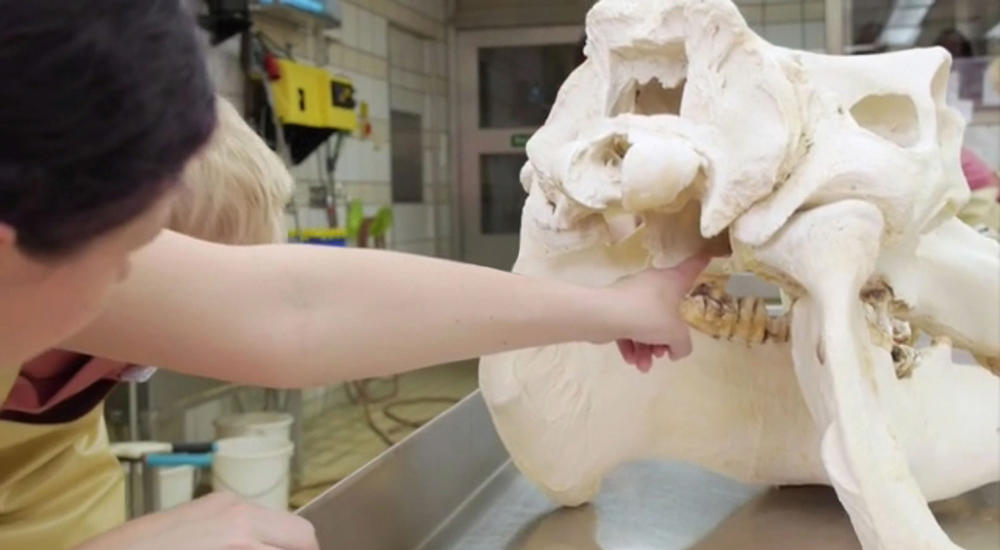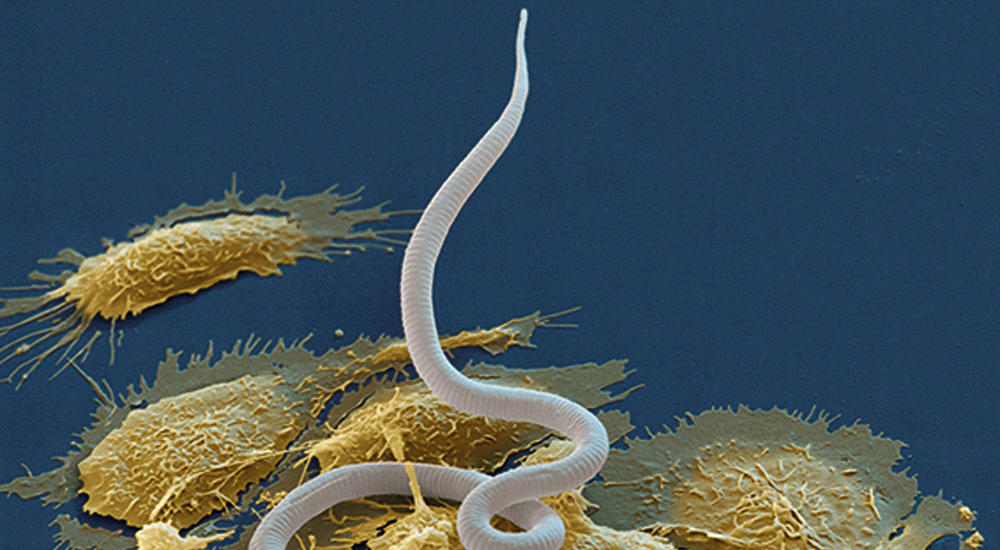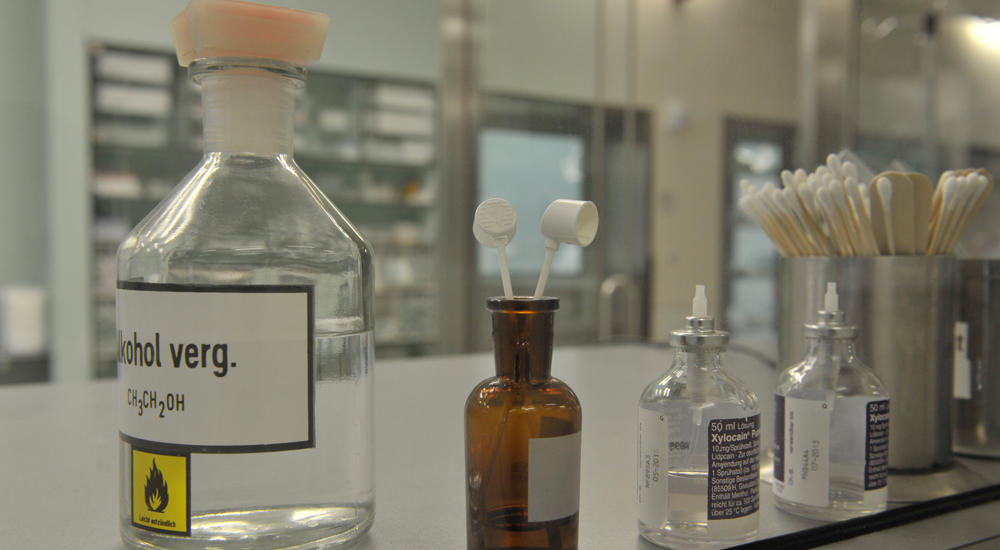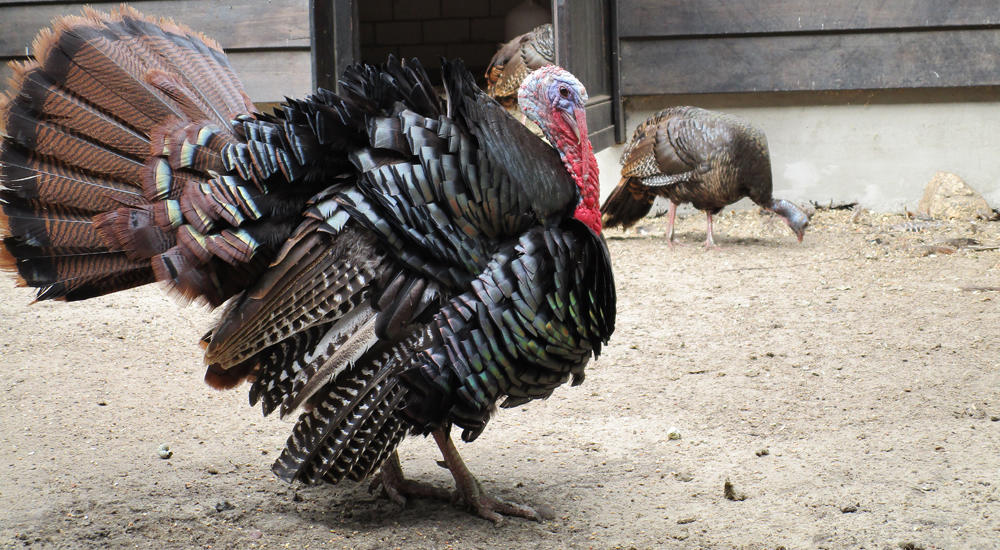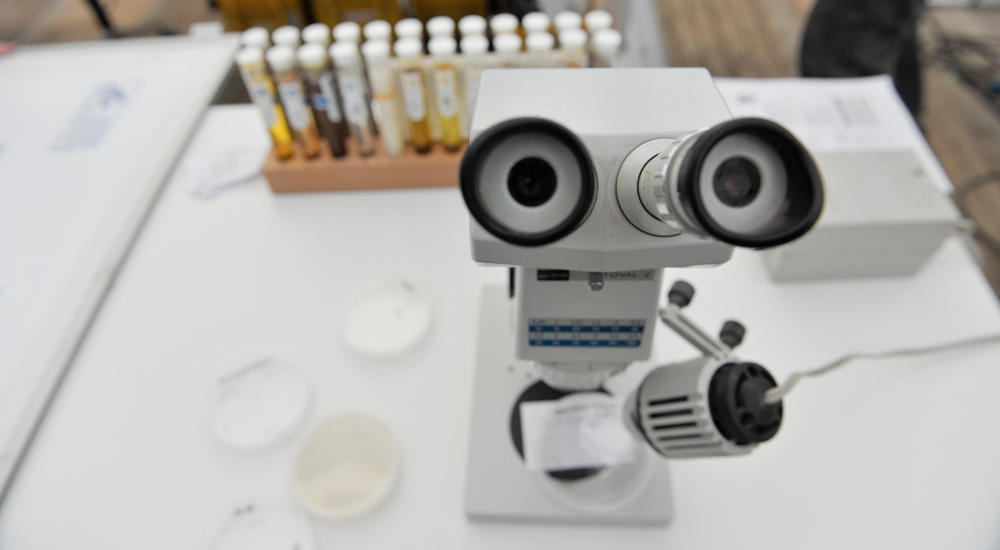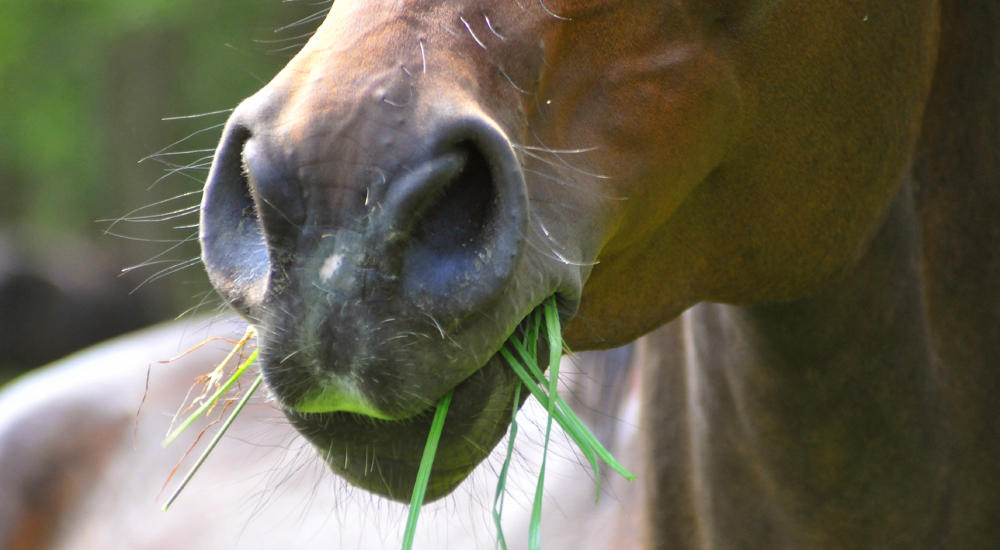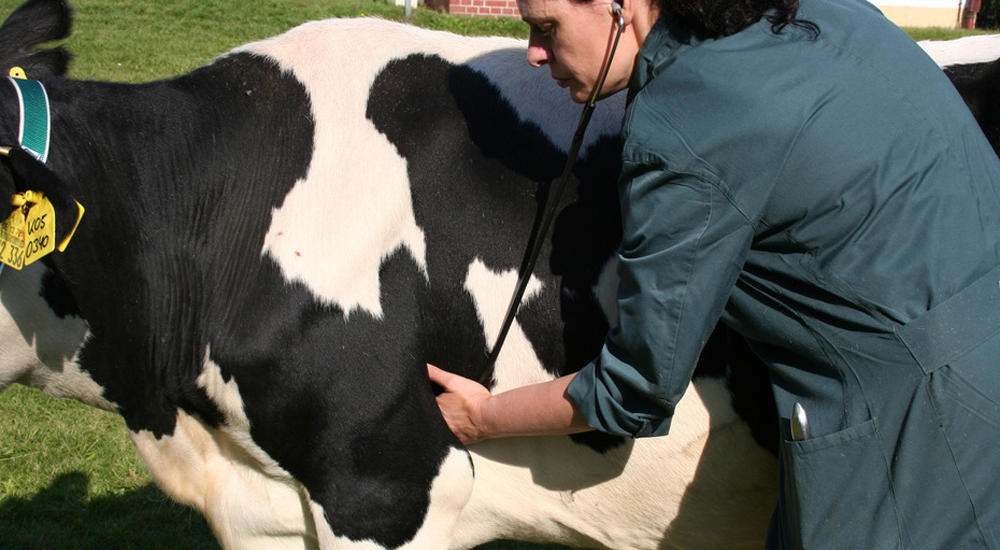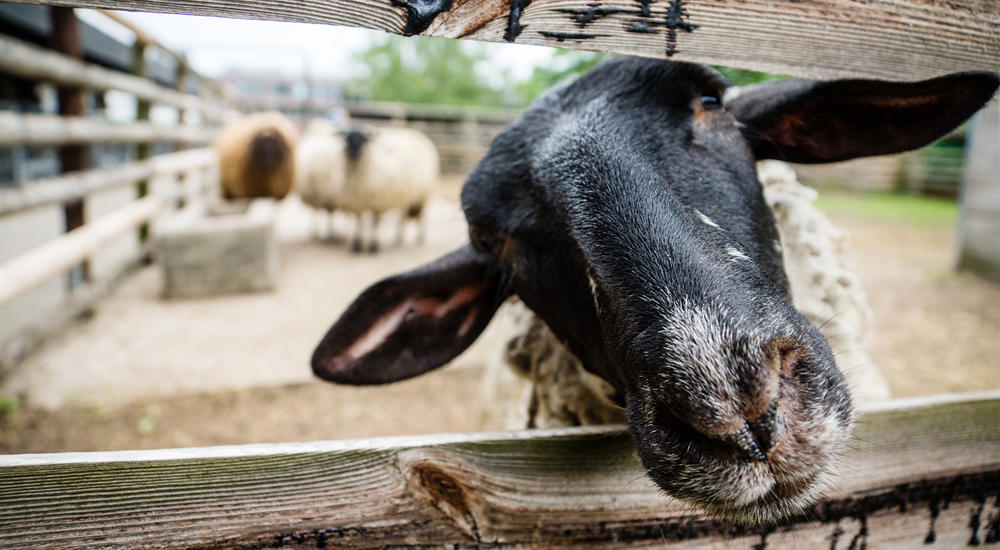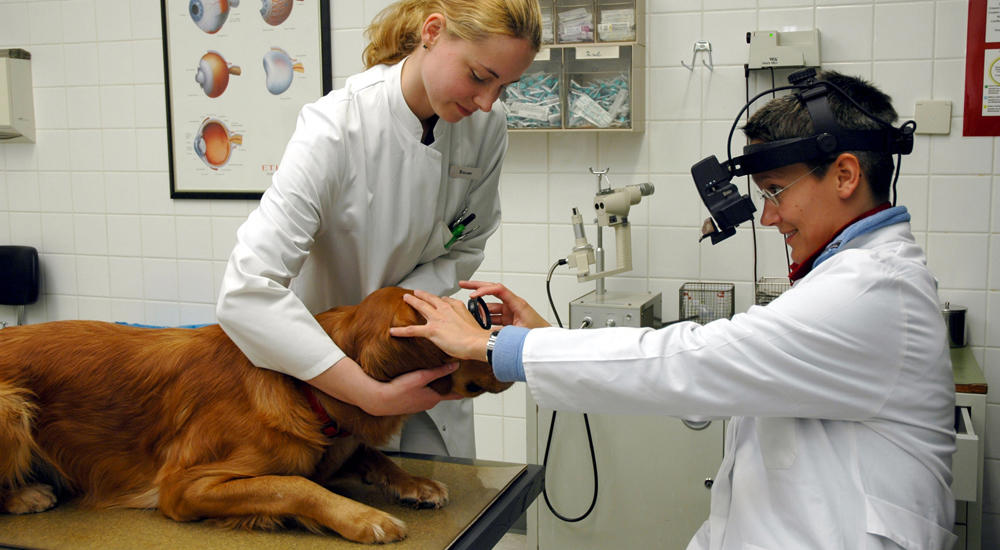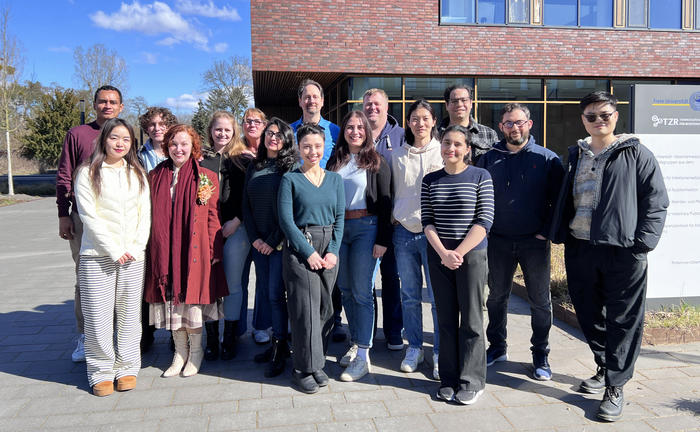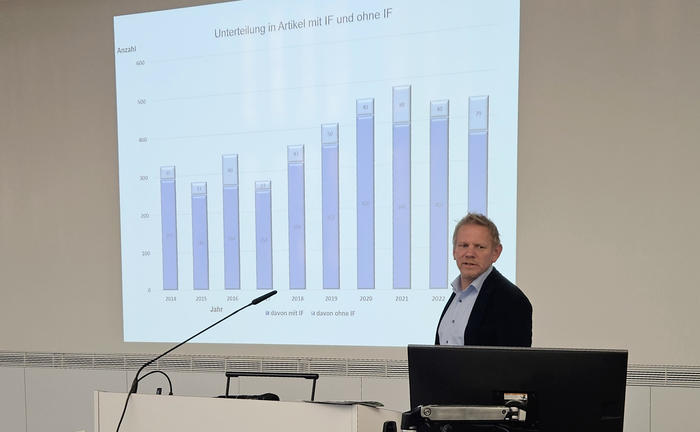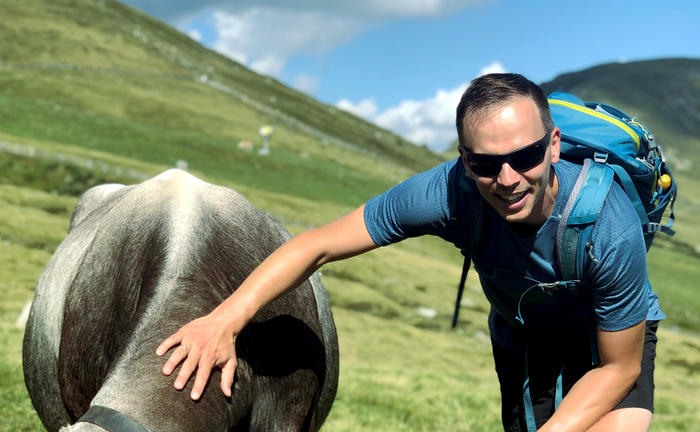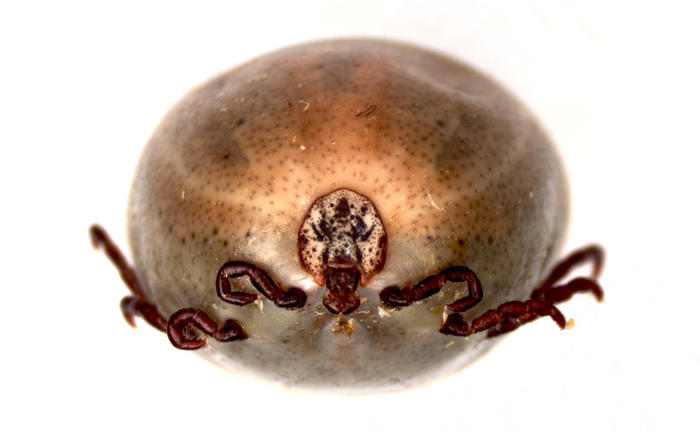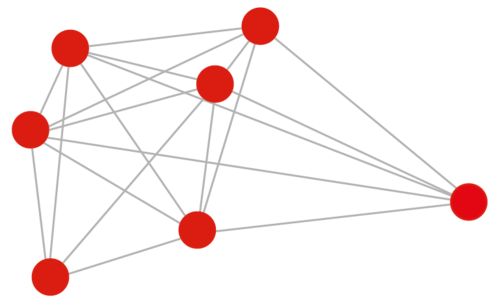The School of Veterinary Medicine
The School of Veterinary Medicine looks back on a long, successful and traditional history of veterinary education since 1790.
As one of five German training centers for veterinary medicine, the school is a renowned center for veterinary education, research and veterinary services. The School of Veterinary Medicine educates more than 1,500 students in several degree programs.
We are strong in research, especially in the areas of infectious medicine, resistance research and animal welfare, and are integrated into a worldwide network of veterinary expertise.
Furthermore, the department offers a wide range of different examinations in addition to extensive patient care at the Düppel Campus.
News
Events
Insights into our research
Insights into our teaching
In the media
Our cooperation partners:
- Una Europa | Una Europa is a European university alliance consisting of eleven excellent and research-intensive universities that has set itself the goal of shaping the university of the future.
- Veterinärmedizinischer Fakultätentag | The tasks of the Faculty Day are the definition of uniform study objectives and the continuous optimization of veterinary medicine studies.
- École nationale vétérinaire d’Alfort | The École nationale vétérinaire d’Alfort is a university specializing in veterinary medicine. It is one of the Grandes écoles of France.
